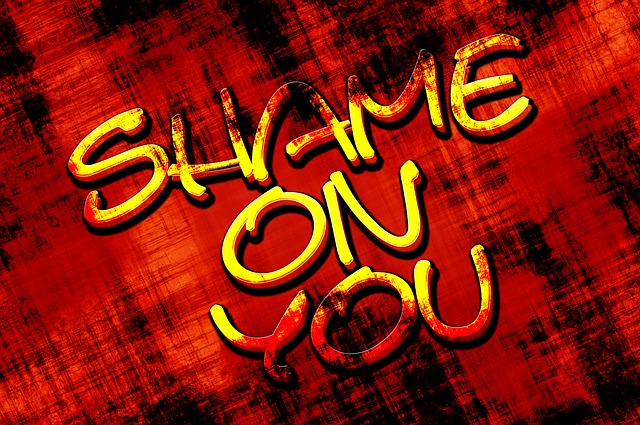
Welcome back and thanks for joining us against for this discussion on shaming, and whether or not it constitutes child abuse. In our previous article we discussed a Michigan case, based in Monroe, where one parent used public shaming as a method of discipline, which led the other parent to call CPS and refuse future parenting time visits.
The parents in question, Rob Devine and Brittany Tweed, ended up in a custody battle over the issue, although what the outcome was – we have no idea. The story fizzled out in the media just days after it occurred, and nothing more was ever said. What we can tell you is that regardless of what Tweed may have decided on her own, no parent in Michigan has the right to decide on their own that court-ordered visitation should end. So regardless of how mad she was, denying Devine his parenting time isn’t allowed.
Despite the uproar that briefly surrounded this story, it certainly isn’t the only one of it’s kind. Jose Lagares, a Texas dad, punished his 4th grade son for bullying by making him stand on the corner of a busy intersection with a sign that read: I am a bully! Honk if you hate bullies! Another public shaming incident that inflamed the media was the case of Montrail White, a father from Illinois who made his 8-year-old daughter stand outside her school with a sandwich board that said “I like to steal from others and lie about it!”
So if shaming an effective form of discipline, or simply another form of child abuse? Well, that depends on who you ask. Some parents will tell you that when all else fails, shame is a powerful motivator. But the majority of the mental health community will argue that while yes, it is a powerful motivator, it is also very damaging to the psyche of a child, and can have disastrous long-term effects.
According to Dr. Peggy Drexler, an author and professor of psychology in psychiatry at Cornell University, “While discipline is crucial during all stages of raising a child, discipline is not about getting even, inducing guilt, or even punishing – all of which are forms of shaming a child. Instead, disciplining, at any age, is about correcting and guiding him toward more appropriate behavior.”
Behavioral experts say that when parents intentionally shame their children, it violates the child’s trust in them.
It can also lead to anxiety and depression, cause post traumatic stress disorder, and in severe cases, can even lead to suicide. But what does the law say about shaming a child? Is it illegal to use humiliation as a form of discipline in MIchigan?
Under Michigan law shaming a child isn’t illegal. However, while the Michigan penal code doesn’t specify that emotional abuse of a child is against the law, the description of what child abuse could entail, does include references to “mental harm”. So while it isn’t against the law to punish a child using humiliation, please know that most mental health experts would label it a form of emotional or psychological abuse. And in more extreme or highly publicized cases, CPS may choose to investigate.
If a parent or caregiver treats a child in a way that causes lasting emotional or psychological damage to them, even if they are never physically harmed, that person may be charged with child abuse. The prosecutor will have to prove the cause and effect relationship between the parent’s abuse and the child’s psychological or emotional damage in order for the charges to stick. But this is surprisingly easy to do, as most prosecutors can hire psychologists or child counselors who will attest to the damage in court.
Being convicted of a crime against a child can have a devastating impact on your entire future. Your chances of getting a good job and your reputation can all be hugely impacted. An experienced and aggressive defense attorney, however, can help to protect you from the trauma of a child abuse conviction. Call The Kronzek Firm today at 866 766 5245. We can help you.
